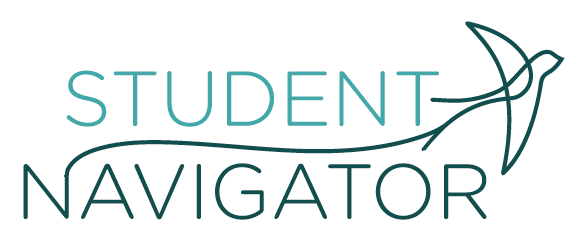Mock exams are more important than ever. Many Year 11 students will be starting their second set of mock exams or key assessments after the Christmas holiday. It is normal for Year 11 and Year 13 students to have two sets of mock exams before the ‘real’ exams in the summer, but this year, just for good measure, schools are adding an extra set ‘just in case’ externally marked assessments are cancelled again this year.
The mock exams this year perform two roles. The first is the traditional preparation and practice for GCSEs and A levels, while the second is providing hard evidence for schools to form their teacher assessed grades (TAGs) if they are required. In these days of Covid, lockdowns and teacher assessed grades, mock exams have become more important than ever.
This means that this current Year 11 and Year 13 have had two years of disrupted education resulting in great big gaps of knowledge due to lockdown learning and are now facing more sets of exams than any previous year group. It’s crucial that they resist ending up with mock exam fatigue because these mock exams are more important than ever.
Why are they important?
- This year the evidence provided by the mock exams might form the judgement for the final grade, so they count.
- They reveal to students (and teachers) what they do know and understand but more importantly what they do NOT know and understand. This latter bit is vital to making progress.
- Almost as important as the content is the technique of answering questions. Mock exams provide an opportunity to test what type of questions students are answering well and what type of questions they still need to practise in order to gain more marks.
- Mock exams provide students with an opportunity to practise sitting exams in formal situations. They replicate the exact procedures of the summer exams, allowing students to practise with invigilators, adrenaline flowing, and the clock ticking away. It is only by doing this that they will know how to cope under this pressure.
- Effective revision techniques are crucial in committing content to memory for retrieval in an exam. Mock exams allow students to see if the way they revise works in an exam situation. If revision techniques are working, they can continue, happy in the knowledge that they have tested them out. If they have not worked, there is still time to change and find another method that is more effective.
How to prepare for mock exams effectively
- It is only by putting maximum effort into mock exams that you will get maximum output. Therefore treat them like they are the real exams, because you never know what is round the corner.
- Have a list of the content covered in the exams. Break it into manageable chunks and make sure you make time to cover all the topics with no gaps.
- Make a focused timetable, which builds up to the exams, and allows time to get through all the content.
- Divide your time into a mixture of time for learning the content and time for applying the knowledge to questions to test your learning.
- Mix it up. Revision doesn’t have to involve sitting at a desk with a pen and paper. Use a variety of revision methods including listening to podcasts, watching youtube, explaining your learning verbally, quick fire testing, reading.
Managing Christmas holidays
January is traditionally the month for mock exams and for many students they fall the first week back to school. Whether you are celebrating Christmas or not they tend to be a very busy holiday with celebrations with friends and family. They are also an ideal opportunity to rest and switch off after a very busy and long term.
Make a timetable that blocks out whole days to concentrate on holiday activities. If Christmas falls in the middle of the holiday like it does this year, block out a long weekend and then concentrate the studying for a few days in the first week and a few days in the second week. If you get some study completed in the first week it will help you to switch off and enjoy your free days knowing that you have got some work out of the way.
Student Navigator
On the Student Navigator website there are lots of posts on the blog offering guidance about preparing for exams and study tips. We also offer academic mentoring and coaching to students from all over the UK and beyond. Please get in touch with us to see how we can help you.

